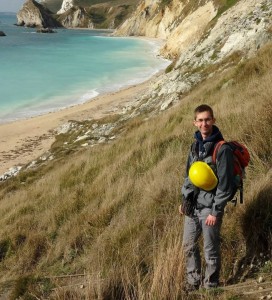Last night, the Society of Spanish Researchers in the UK, SRUK, hosted an event discussing the past, present and future of scientific publishing (event details). One thing that was nice about this discussion, compared to previous ones I’ve attended in London, was the number of practising academics in the room. Often, academics are excluded from the discussions about scholarly publishing, which is a bit odd when you know, they’re the ones who actually need the services that publishers etc. provide.
Anyway, what did we all discuss?
Three great and varied speakers formed our menu tonight. For starters, we had Cameron Neylon, ex-scientista, and now the Advocacy Director for the megajournal PLOS. The main course consisted of Eva Amsen, also an ex-scientist, current epic science communicator and Outreach Manager for F1000Research. Dessert was the experimental Prof. Juan Aréchega, Professor of Cellular Biology at the University of Basque County, Spain, and Editor for the International Journal of Developmental Biology (note: not a predatory journal). I’ll try and summarise some of their key points.

